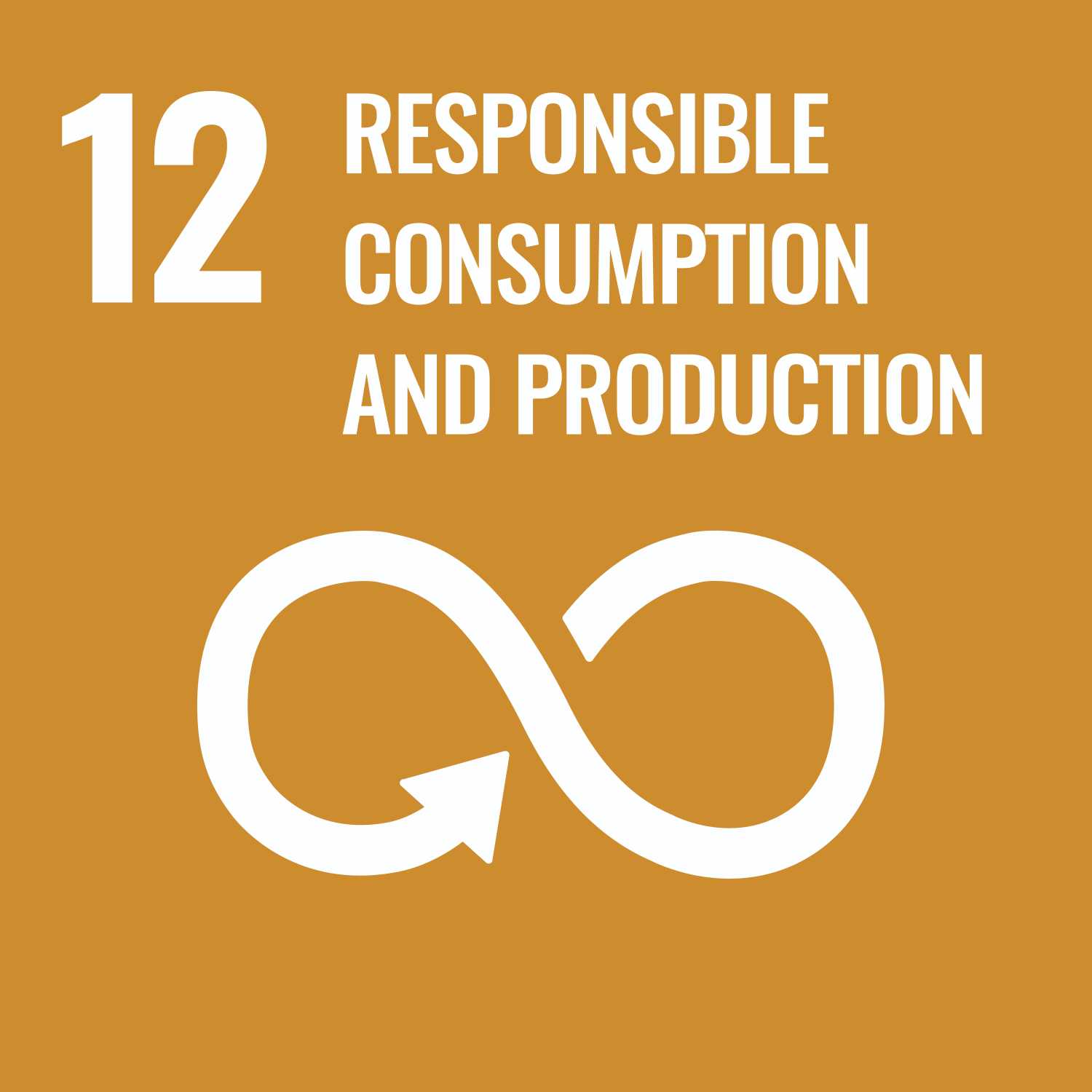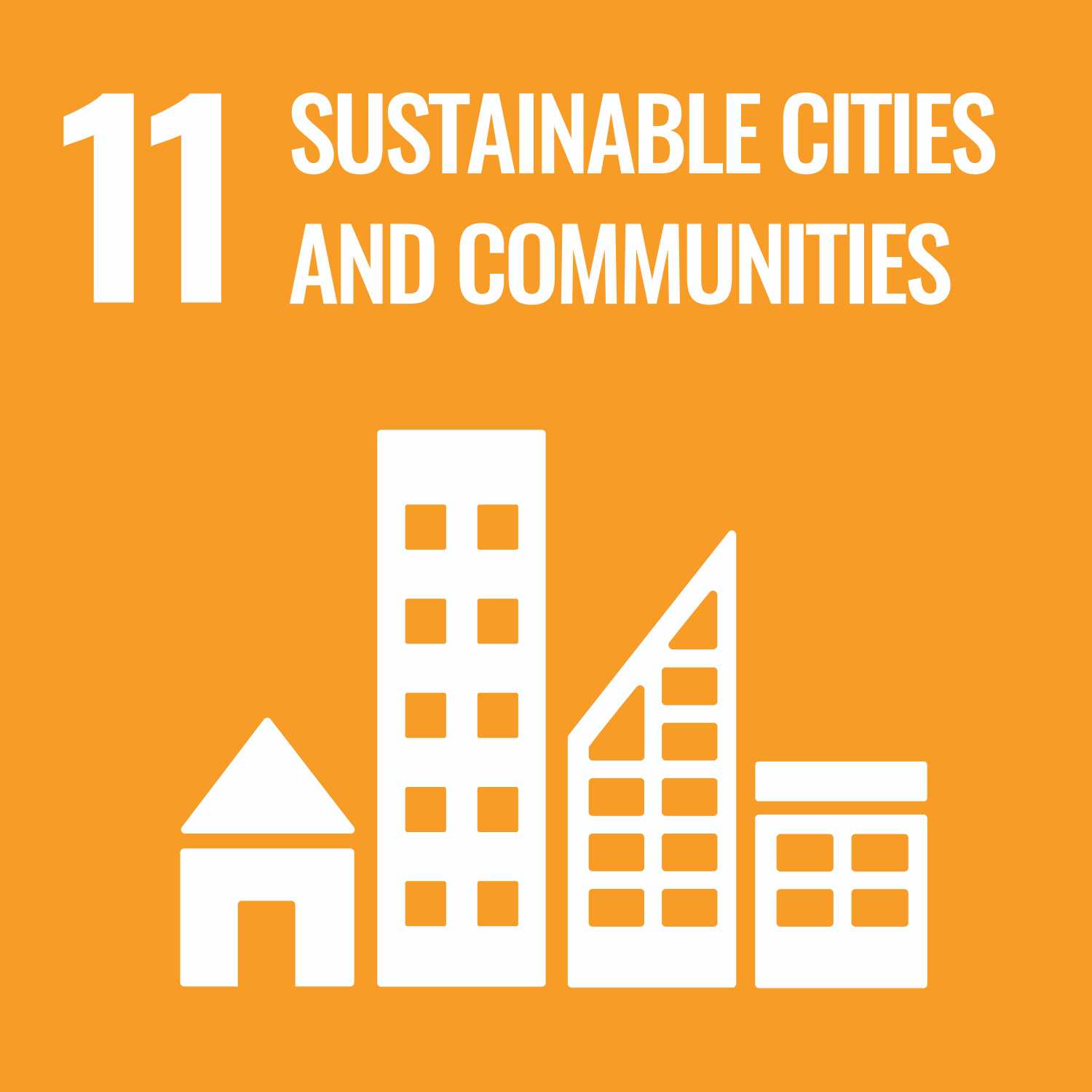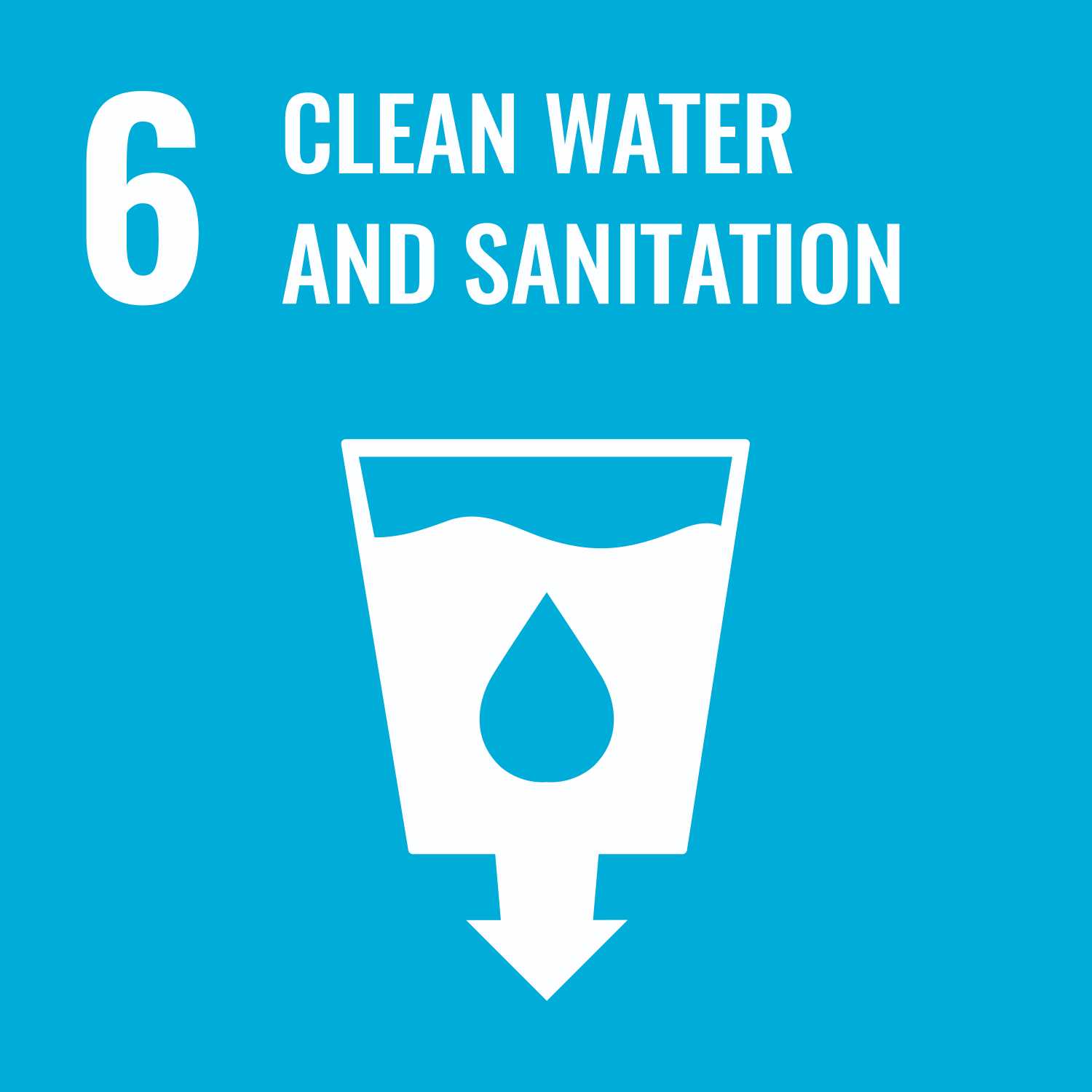Department of Civil Engineering in association with EKKI International Water Technology Centre is organizing One credit course on Pump Sales and service from 05.04.2023 to 06.04.2023. The following topics were covered in the course. The Standards & certifications of Pump industry - Materials used in Pump industry, effect of alloying, Properties & applications. Sales Reports - Sales Forecasting - Market Visit - Competitor Study Branding. Pump Selection & Estimation - Pump Installation - Service & Trouble Shooting - Digital Marketing. The students from Civil, Mechanical and EEE were attended and got benefitted. Totally 5 faculty members taught the course to get in depth knowledge in the particular course contents. All of them had well knowledge in their respective course contents. In addition all the students were taken into EIWTC to get explore on the practical skills. Special attention were given in the following contents. The pump industry uses a variety of materials for different components of pumps. Some of the commonly used materials and their properties are listed below:
- Cast iron: Cast iron is a widely used material for pump casings and impellers. It is durable, corrosion-resistant, and easy to cast. Cast iron pumps are suitable for low to medium-pressure applications.
- Stainless steel: Stainless steel is a popular material for pump components such as impellers, shafts, and wear rings. It is highly corrosion-resistant, strong, and can withstand high temperatures. Stainless steel pumps are suitable for a wide range of applications, including food processing, chemical processing, and water treatment.
- Bronze: Bronze is commonly used for pump impellers, wear rings, and bushings. It is a good conductor of heat and has excellent corrosion resistance. Bronze pumps are suitable for marine applications, such as seawater cooling systems.
- Aluminum: Aluminum is lightweight, corrosion-resistant, and easy to machine. It is commonly used for pump housings, but not suitable for highly abrasive or corrosive environments.
- Titanium: Titanium is highly resistant to corrosion and has excellent strength-to-weight ratio. It is used in high-performance pumps for aggressive chemical processing applications.
The effect of alloying on pump materials can be significant. Adding alloying elements can improve the strength, corrosion resistance, and wear resistance of pump components. For example, adding nickel and molybdenum to stainless steel can improve its corrosion resistance, while adding copper to bronze can improve its wear resistance.
The properties and applications of pump materials are summarized below:
- Cast iron: Good corrosion resistance, suitable for low to medium-pressure applications.
- Stainless steel: Highly corrosion-resistant, strong, and suitable for a wide range of applications, including food processing, chemical processing, and water treatment.
- Bronze: Good conductor of heat, excellent corrosion resistance, and suitable for marine applications.
- Aluminum: Lightweight, corrosion-resistant, and easy to machine, but not suitable for highly abrasive or corrosive environments.
- Titanium: Highly resistant to corrosion and has excellent strength-to-weight ratio, suitable for aggressive chemical processing applications.
In summary, the choice of pump materials depends on the specific application requirements. The pump industry uses a variety of materials, each with its unique properties and applications.



